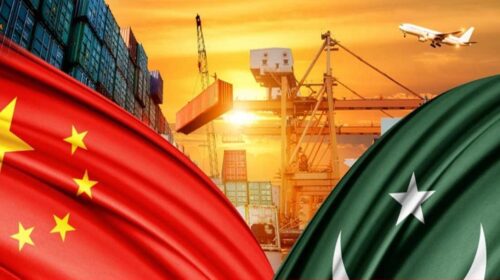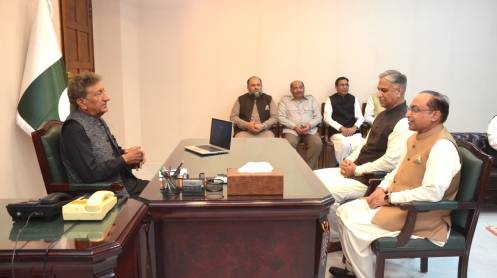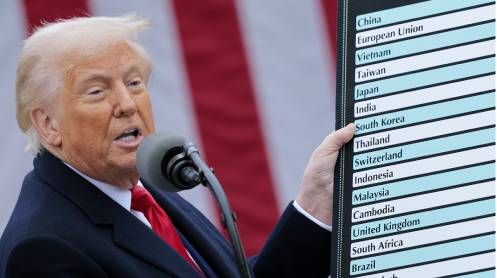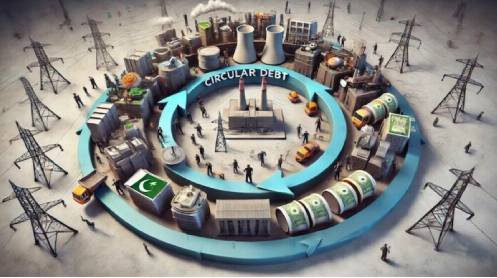The China-aided Eastbay Expressway of Gwadar port has begun operation since June, enhancing connectivity of the port, which is now transporting two hundred thousand tonnes of fertilizer. Karot Hydropower started commercial operation in June as well, which provides cheap and clean electricity, and can reduce 3.5 million metric tonnes of carbon emissions annually. The TEL and Nova power plants in Thar also started operations with the local coal. The Shanghai Electric Thar coal-based power plant has been connected to the national grid. Six model farms under Pakistan-China Red Chilli Contract Farming Project are achieving a harvest in Punjab and Sindh provinces, with an estimated yield of 700 tonnes of dried chilly. This is just a portrayal of the great potential of agricultural cooperation between our two countries.
In fact, Pakistan’s trade surplus of agricultural products for the year 2021 enjoyed an increase of 13 times. This year is expected to exceed a record high of $1 billion. The ambassador said that the CPEC is not possible without the joint efforts of staff from both China and Pakistan. According to him, CPEC, as the pilot project of BRI and China-Pakistan cooperation in the new era, will always provide a broad stage for people to display their talents and realise personal values. It is hoped that the Chinese and Pakistani staff will cherish the opportunity, contribute to the construction of the CPEC with practical actions, and continue to consolidate the iron friendship between China and Pakistan.
Speakers at a webinar opined that Pakistan needs to revisit its geopolitical strategic and economic framework in the context of the changing world landscape, especially in the Asia-Pacific region. They said that Pakistan will be marking ten years of CPEC (China-Pakistan Economic Corridor) in 2023, which is pivotal to its economic security.
Two helicopters collide in Australia, killing four
According to Gwadar Pro on Sunday, the webinar was organised by the Development Communications Network (Devcom-Pakistan) on Saturday, the New Year’s Eve. The theme of the webinar was “Pakistan’s geopolitical repositioning in 2023”.
Munir Ahmed, Executive Director, Devcom-Pakistan said that China has established partnerships and projected its influence by utilising the huge resources at its disposal.
“As an important pilot project for the joint construction of “Belt and Road Initiative”, CPEC has achieved fruitful and remarkable results. It has brought $25.4 billion in investment to Pakistan and created a total of 190,000 jobs, it was learned.
“In 2023, we should give full play to the role of CPEC as a critical engine of Pakistan’s economic development.” On the occasion, Senate Standing Committee of Defense Production Chairman Senator Mushahid Hussain Sayed highlighted that Pakistan must pursue its role as a hub for regional connectivity, while strengthening ties with its core partners like China, Turkiye and Saudi Arabia.
Nawaz Sharif directs PML-N to prep up for general elections
He added, “Most importantly, Pakistan needs a ‘political ceasefire’ at home on key issues like economy, extremism, education, so that people get a respite from this unending polarisation and continuing quest for power.” Former speaker Balochistan Assembly Rahila Durrani, Senior Research fellow at East-East Institute (London) Dr Najam Abbas, and development expert Tahir Shamshad were also present.





